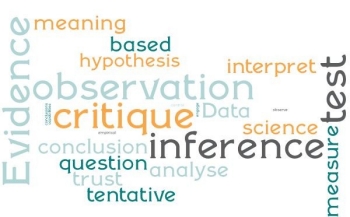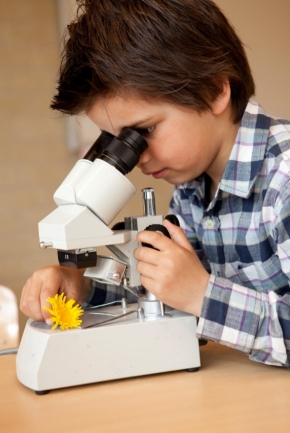Science capabilities can be thought of as the knowledge, attitudes, skills and values required to enable students to act on their learning and continue learning into adulthood so that they can engage in the as yet unknown world of the future.
Science capabilities support the development of critically engaged citizenship, “a way of being that is associated with questioning, seeking evidence and understanding, assessing multiple perspectives and taking considered actions that are mindful of the complexity of the challenges and opportunities facing modern societies” (Bay et al., 2019, p. 41).
The science capabilities are described by Hipkins and Bull (2013) as a “weaving of the two halves of NZC together to focus on capability-building” (p. 122). They draw together the science essence statement, content strands, the overarching Nature of Science strand and aspects of the ‘front half’ of NZC such as Key Competencies, and support an inclination towards ‘action’. They provide a way of thinking about the question: What might students need to learn in science, as a certain way of knowing about, thinking about, and finding out about the world, that will support them as informed participators and contributors, now and in the future? (Hipkins & Bull, 2013).
Gather & interpret data: Science knowledge is based on data derived from direct, or indirect, observations of the natural physical world and often includes measuring something. An inference is a conclusion you draw from observations—the meaning you make from observations. Understanding the difference between observation and inference is an important step towards being scientifically literate.
Use evidence: Science is a way of explaining the world. Science is empirical and measurable. This means that in science, explanations need to be supported by evidence that is based on, or derived from, observations of the natural world.
Critique evidence: To evaluate the trustworthiness of data, students need to know quite a lot about the qualities of scientific tests.
Interpret representations: Learners think about how data is presented and ask questions such as: What does this representation tell us? What is left out? How does this representation get the message across? Why is it presented in this particular way?
Engage with science: This capability requires students to use the other capabilities to engage with science in “real life” contexts.
(Hipkins & Bull, 2013; Ministry of Education, n.d.)


